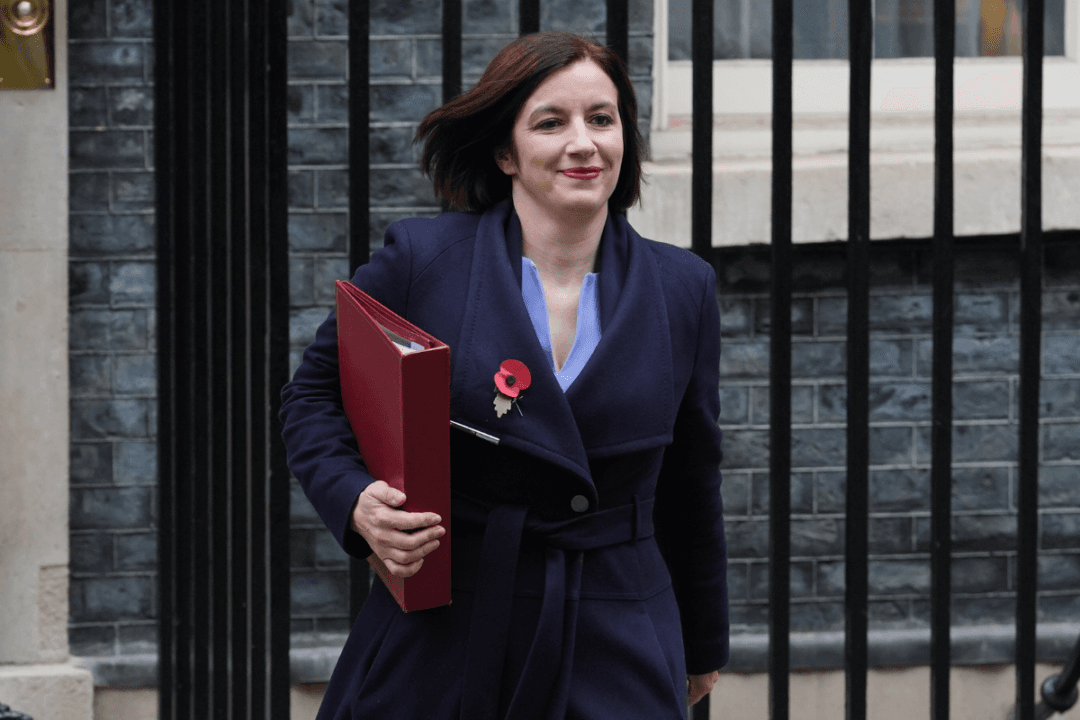Undergraduate home tuition fees in England will rise in line with inflation to £9,535 a year from April 2025, Secretary of State for Education Bridget Phillipson has confirmed.
Phillipson made the announcement in the House of Commons on Monday, saying that the increase of £285 per academic year was needed to “fix the foundations” and “secure the future of higher education.”
This is the first time that tuition fees have risen in eight years, after the Conservatives froze fees at £9,250 in 2017 under Prime Minister Theresa May.
In a bid to support students with living costs, the minister also announced that the maximum maintenance loan will be increased in line with inflation, which according to the Department for Education could provide as much as £414 extra per year to help students from the lowest income families.
A lower fee limit of £5,760 will be introduced for foundation degrees for classroom-based subjects such as business, social sciences, and the humanities.
Phillipson told the Commons, “It is no use keeping tuition fees down for future students if the universities are not there for them to attend, nor if students cannot afford to support themselves while they study.”
Ahead of the announcement, Downing Street said that universities were “facing severe financial challenges.”
The prime minister’s official spokesman said, “Universities have suffered a significant real terms decline in their income and the gap between disadvantaged students and their peers is the highest on record.”
No Higher Monthly Payments
Anticipating concern about the increase in fees, the minister made a promise that graduates would not see an increase in their repayments once they start working and hit the £25,000 income threshold for repayments.She pledged, “I want to reassure students already at university: when you start repaying your loan, you will not see high monthly repayments as a result of these changes to fee and maintenance loans.”
The minister continued: “That is because student loans are not like consumer loans. Monthly repayments depend on earnings—not simply the amount borrowed or interest rates. And at the end of any loan term, any outstanding loan balance, including interest built up, will be written off.”
‘Debt-Fuelled System’
Universities are facing financial pressures, with experts saying that closures and mergers could become common in the future.Phillipson said on Monday that “universities are responsible for managing their own finances and must act to remain sustainable.”
Universities UK (UUK) welcomed the announcement, calling the increase in tuition fees “the right thing to do.”
UUK Chief Executive Vivienne Stern said that the near decade-long freeze has seen inflation “erode the real value of student fees and maintenance loans by around a third, which is completely unsustainable for both students and universities.”
“Keeping pace with inflation stops the value of fees going down year after year,” Stern said.
However, Iain Mansfield, head of education at the Policy Exchange think tank, said that it was “hard to justify heaping additional debt upon young people” before requiring reforms on teaching quality and contact hours.
Mansfield said: “In their manifesto, Labour said ‘The current higher education funding settlement does not work for the taxpayer, universities, staff, or students.’
‘War’ on Students
The recently-appointed shadow education secretary Laura Trott said in the Commons that the announcement represented the Labour government’s latest declaration of war on taxpayers, after Chancellor of the Exchequer Rachel Reeves’s Budget “declared war on business, private sector workers, and farmers.”“Yet again, there was no sign of this in the Labour manifesto,” the shadow minister added.







